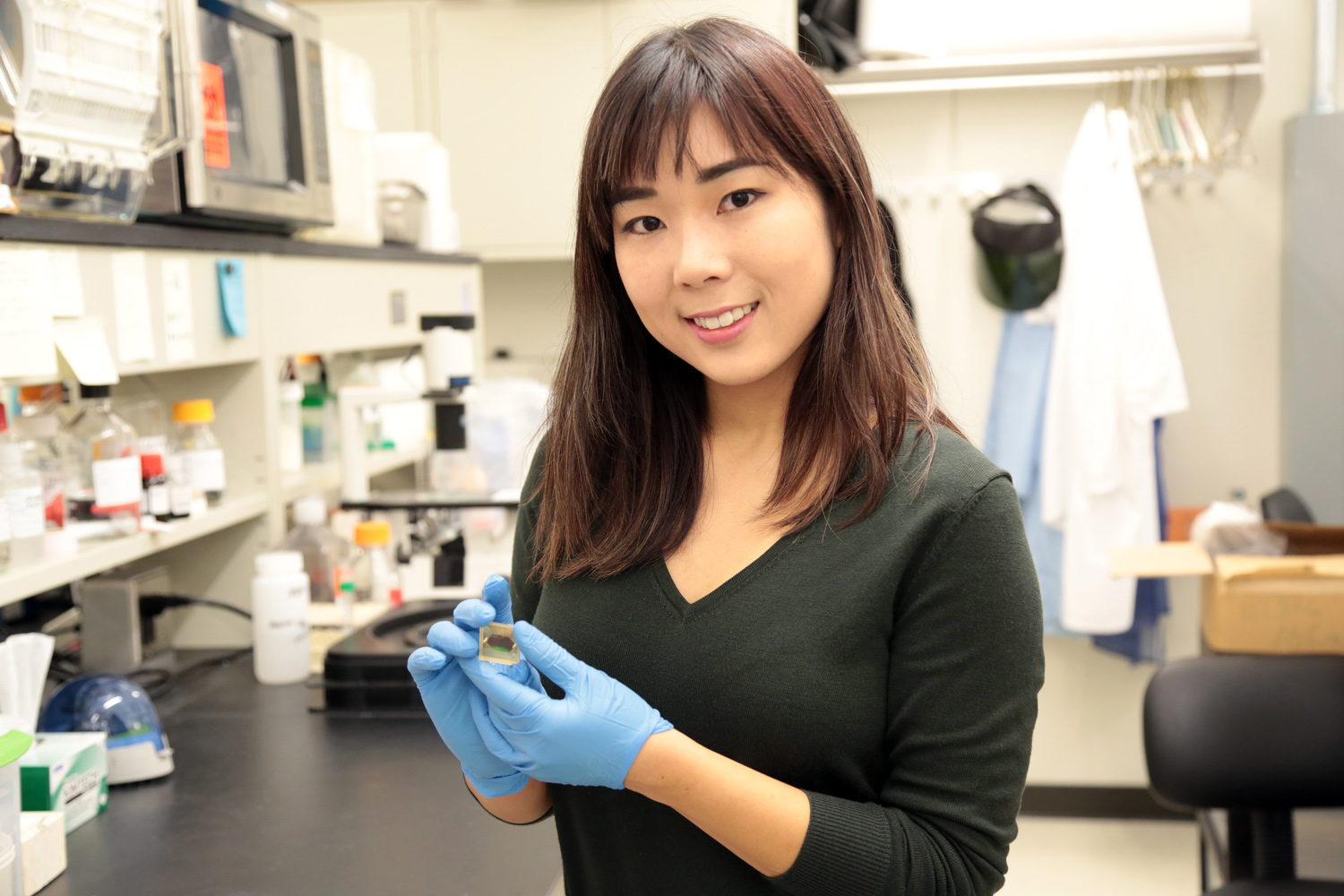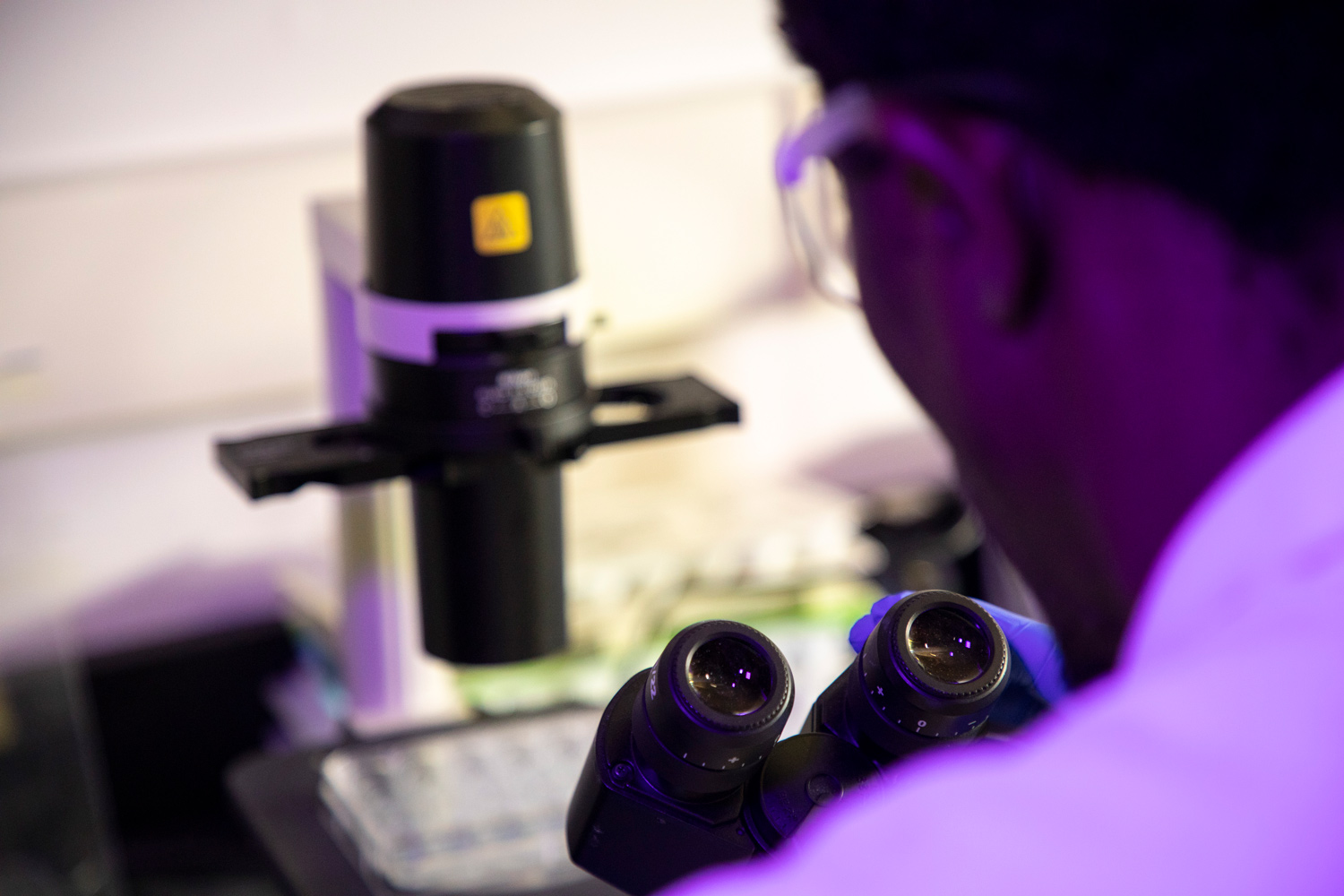Deadlines
Departmental Assistantship Consideration
Fall: January 15
Spring: October 1
No Departmental Assistantship Consideration
Fall: February 1
Spring: October 1
Applications received after these dates will be reviewed on an individual basis.
Required Application Materials
- Transcripts from all schools attended
- Three academic or professional letters of recommendation
- Personal Statement
- Resume
- GRE General Test score is strongly recommended but not required. The department evaluates all aspects of the application, therefore a minimum score is not identified.
Available information for International Applicants.





